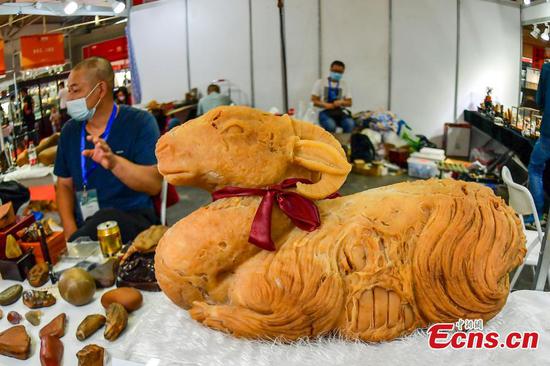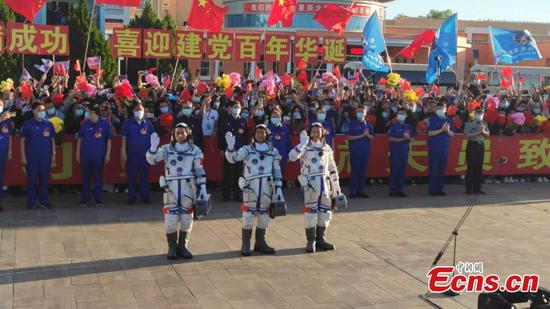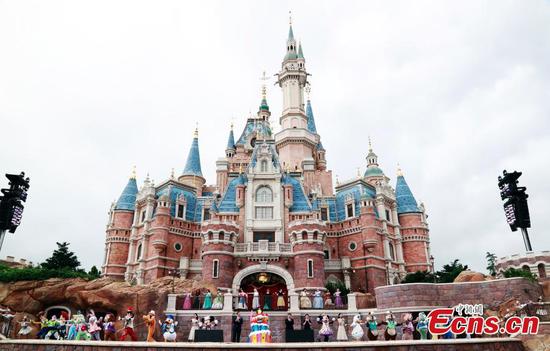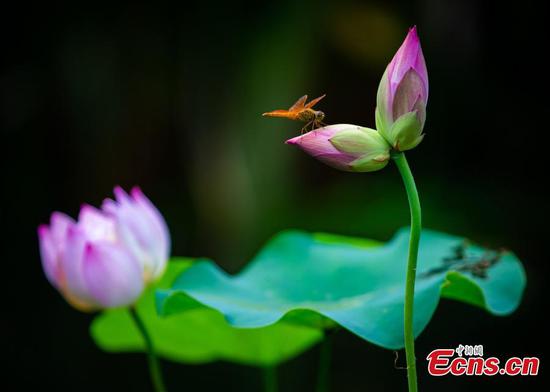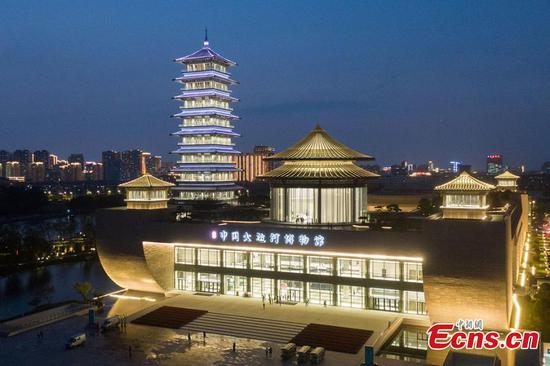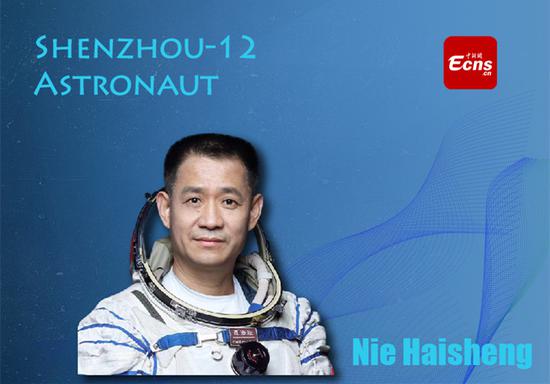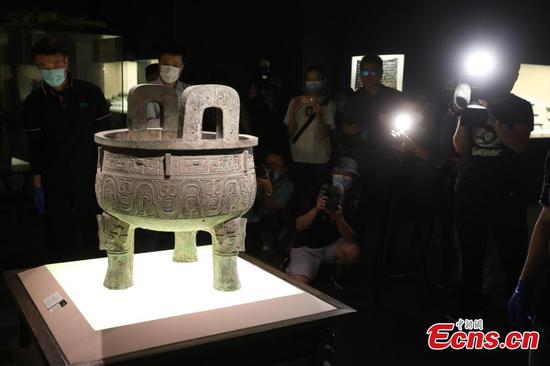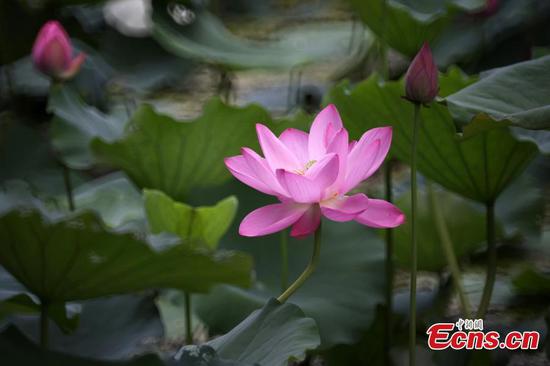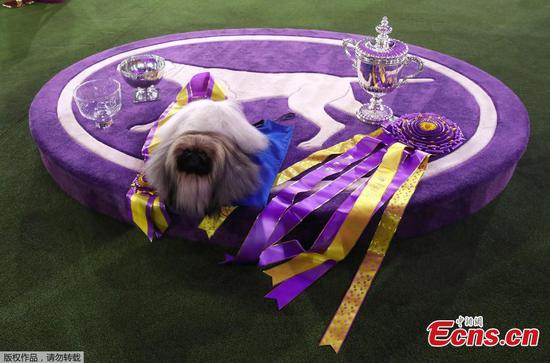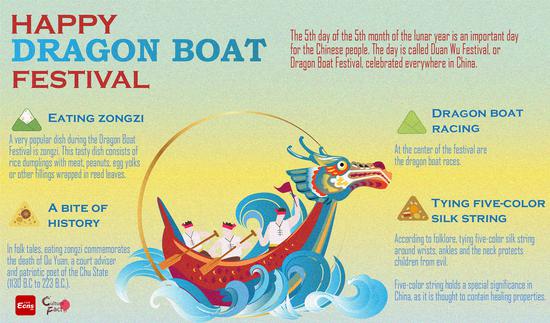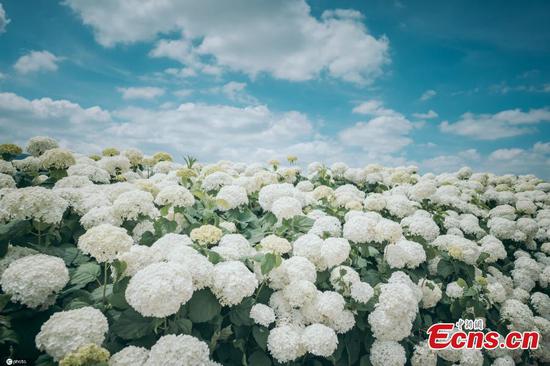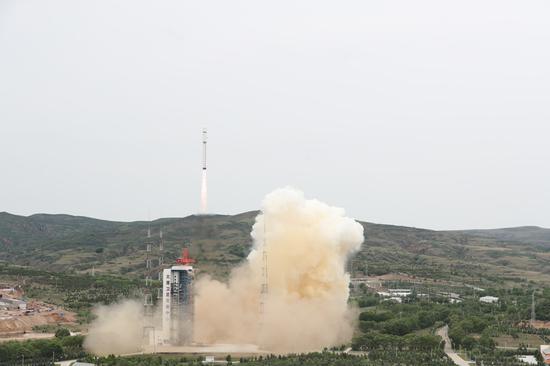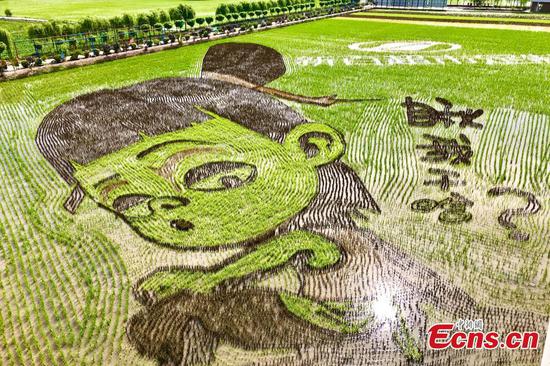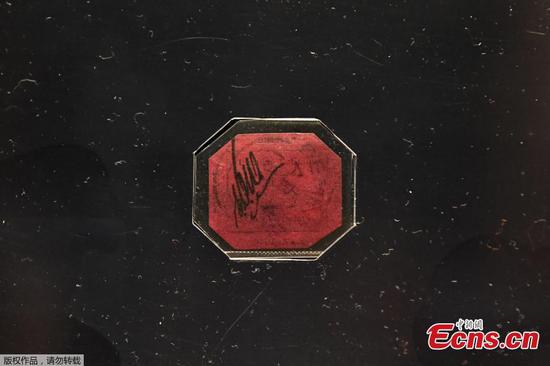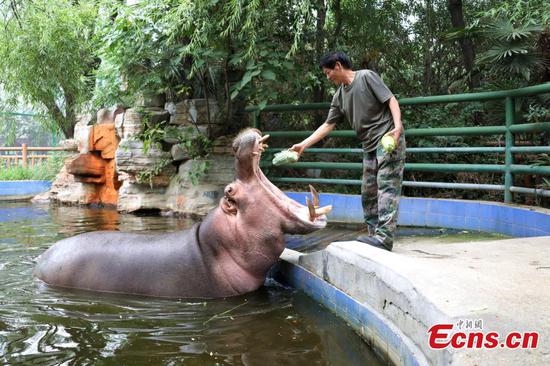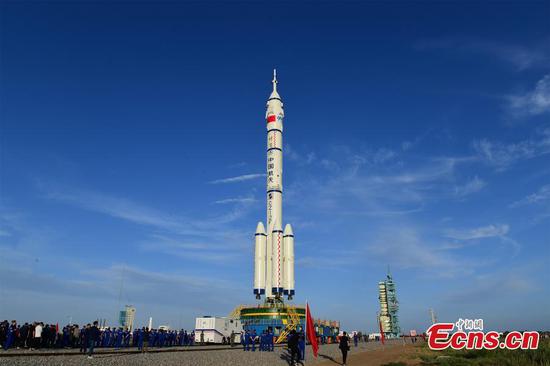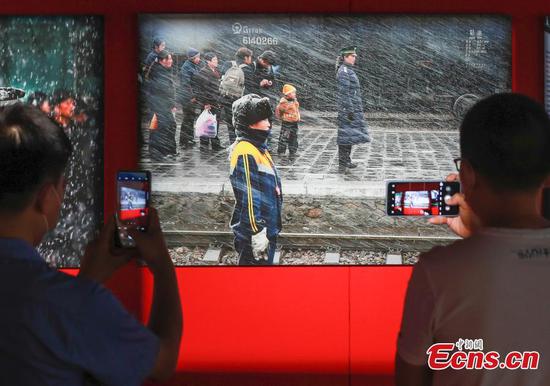China's centenarian translator Xu Yuanchong passed away Thursday morning, said Peking University.
Born in 1921, Xu began his literary translation career in 1938, when he enrolled in a foreign language program at the former National Southwest Associated University in Kunming, southwest China's Yunnan Province.
Xu began teaching at Peking University in 1983 and taught there until his retirement.
Throughout his lifetime, the revered translator had pursued the beauty of language and was committed to forging literary ties between Chinese, English and French speakers.
In 2014, the International Federation of Translators (FIT) granted Xu the Aurora Borealis Prize for Outstanding Translation of Fiction Literature, the highest award in the profession. Xu is also the first Asian translator to receive the honor since the establishment of the FIT in 1999.
Through his pursuit of excellence, the master had enabled English and French-speaking audiences to better understand the beauty of Chinese literature and the Chinese wisdom beneath.
"I am the only translator capable of rendering Chinese poems in English and French," read Xu's business card. He contributed a mind-boggling quantity of translations in his life, including more than 180 novels, anthologies and plays that have reached millions of readers around the world.
Xu's work is more than just translating words from one language to another. He adapted the original wording when necessary to make it readable and relatable to its target readers.
A translation should be as beautiful as or even more than the original, said Xu. Regarding translation as an art, he encouraged innovation and creation, which stands in stark contrast to many other academics who advocate translation as a science and produce a strict equivalent of the original.
Many of Xu's translation works are aesthetically pleasing. Examples are easily found in his extensive achievements ranging from the "Book of Poetry," the oldest collection of Chinese poetry, to the Confucian masterpiece "Thus Spoke the Master."










